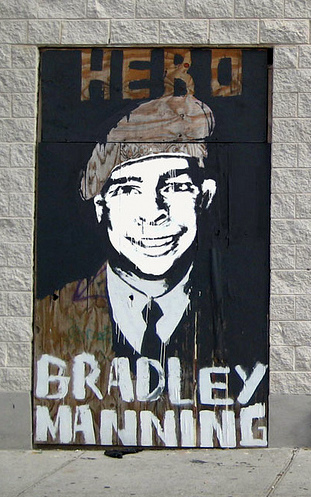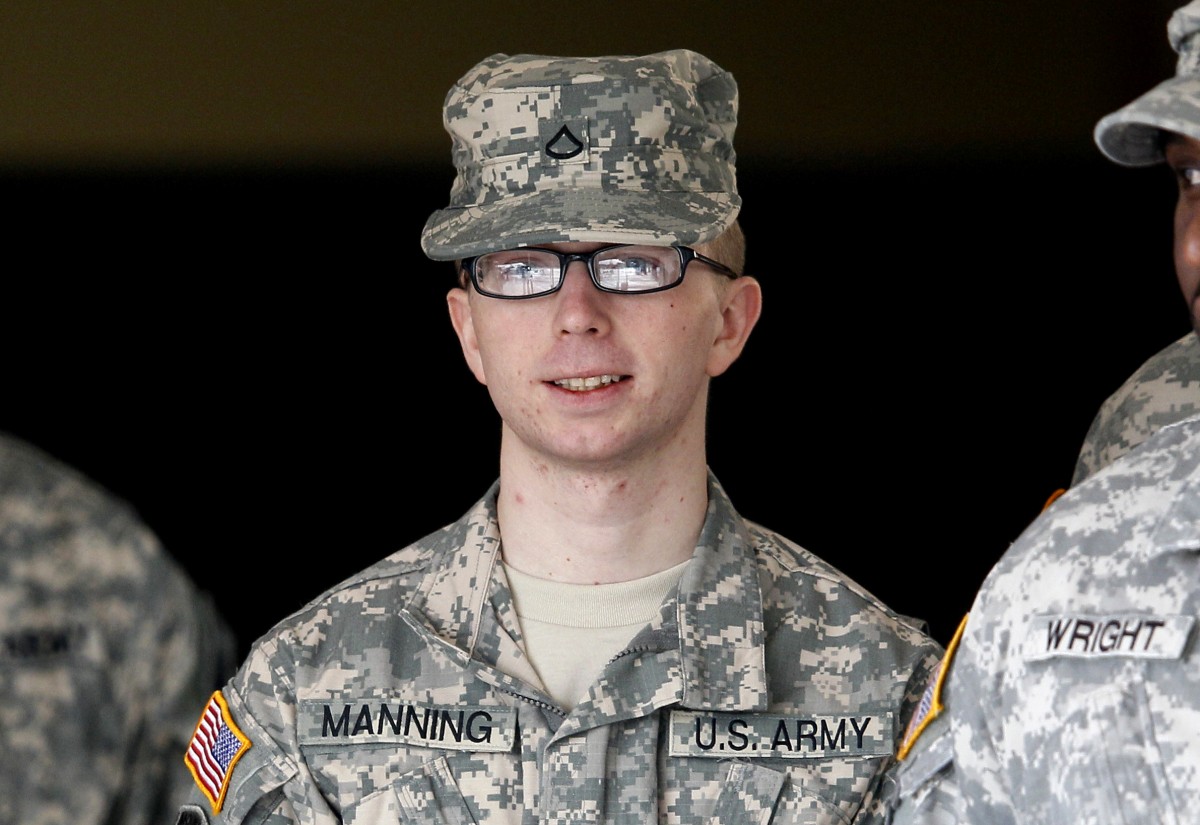
(MintPress) — On the surface, proposed legislation dubbed the “Whistleblower Improvement Act of 2011” sounds like a step in the right direction for financial securities whistleblowers. Digging further into the bill, however, reveals controversial requirements of whistleblowers, such as internal reporting and no guarantee for financial award. The bill could be detrimental for a practice that has exposed wrongdoings at corporate and federal levels.
The legislation looks to amend and modify the whistleblowing portions of the Securities Exchange Act of 1934 and the Commodity Exchange Act. Both bills deal with trading of commodities, securities (stocks, bonds or debentures) or futures in the United States.
The bill states:
“the whistleblower, or any person obtaining reportable information from the whistleblower, shall first report the information … to his or her employer before reporting such information to the Commission.”
Danielle Brian, Executive Director of the Project on Government Oversight, a nonpartisan government watchdog, wrote that the provision “would be like requiring police officers to tip off suspects before they begin an investigation.”
The bill also amends the financial award section, saying a whistleblower would become ineligible to collect if the prior clause of not first reporting to the employer is not followed. Currently, the IRS Whistleblower Office offers a financial award to individuals who report or provide information on financial violations.
Brian wrote that the financial award is “a key incentive to get insiders to come forward.”
.
Whistleblowing success
In 2003, John Kopchinski, then a sales representative for pharmaceutical giant Pfizer, brought the company into a massive government investigation after filing a false claims lawsuit against the company. The whistleblower showed evidence that Pfizer was practicing improper off-label marketing of its anti-inflammatory product, Bextra.
As a result of the action, Pfizer agreed to pay a total of $1.8 billion to the government. Because of financial awards for whistleblowers, Kopchinski was awarded more than $51.5 million. The total amount of the Bextra settlement – $2.3 billion – is the largest healthcare fraud settlement in U.S. history.
Most recently, whistleblower Michael Woodford became a central figure in exposing the Olympus scandal. Woodford, who was acting CEO of Olympus, questioned fees that were being paid to hide investment losses by the company going back to the 1990s. Woodford was fired from his role as CEO, but is considered to be the most highly placed executive to become a whistleblower.
Arguably the most well-known and talked about whistleblower is Julian Assange, the founder of WikiLeaks, a site dedicated to publishing information provided by whistleblowers. WikiLeaks has been responsible for detailing information such as the amount of money spent on equipment in the Afghanistan war and the Iraq war logs, which detailed on a map every death as a result of the Iraq war.
Assange says WikiLeaks is so effective that it has released more classified documents than the rest of the media in the world combined.
”That’s not something I say as a way of saying how successful we are – rather, that shows you the parlous state of the rest of the media,” Assange said in a 2010 interview. “How is it that a team of five people has managed to release to the public more suppressed information, at that level, than the rest of the world press combined? It’s disgraceful.”
.
Bradley Manning
When it comes to military whistleblowing, Bradley Manning has been thrust into the public light as a case study. Manning is a United States Army soldier who was arrested in Iraq in 2010 on charges of transferring classified data about the Iraq war and passing it on to WikiLeaks. Most notably Manning uncovered hidden footage of an apache airstrike in Baghdad that was responsible for killing unarmed people. He also made public over 91,000 war documents detailing the grim picture of the Afghanistan war.
The Guardian said the material was “one of the biggest leaks in U.S. military history … a devastating portrait of the failing war in Afghanistan, revealing how coalition forces have killed hundreds of civilians in unreported incidents, Taliban attacks have soared and NATO commanders fear neighbouring Pakistan and Iran are fuelling the insurgency.”
Manning faces charges of “aiding the enemy, wrongfully causing intelligence to be published on the Internet, theft of public property or records, transmitting defense information, and fraud and related activity in connection with computers,” according to CNN.
Recently, however, Manning has seen an increase of support. He has been nominated for a 2012 Nobel Peace Prize by The Movement of the Icelandic Parliament.
The group wrote a letter for his nomination, saying, “The revelations – including video documentation of an incident in which American soldiers gunned down Reuters journalists in Iraq – have helped to fuel a worldwide discussion about America’s overseas engagements …,” the letter stated. “Citizens worldwide owe a great debt to the WikiLeaks whistleblower for shedding light on these issues …”


